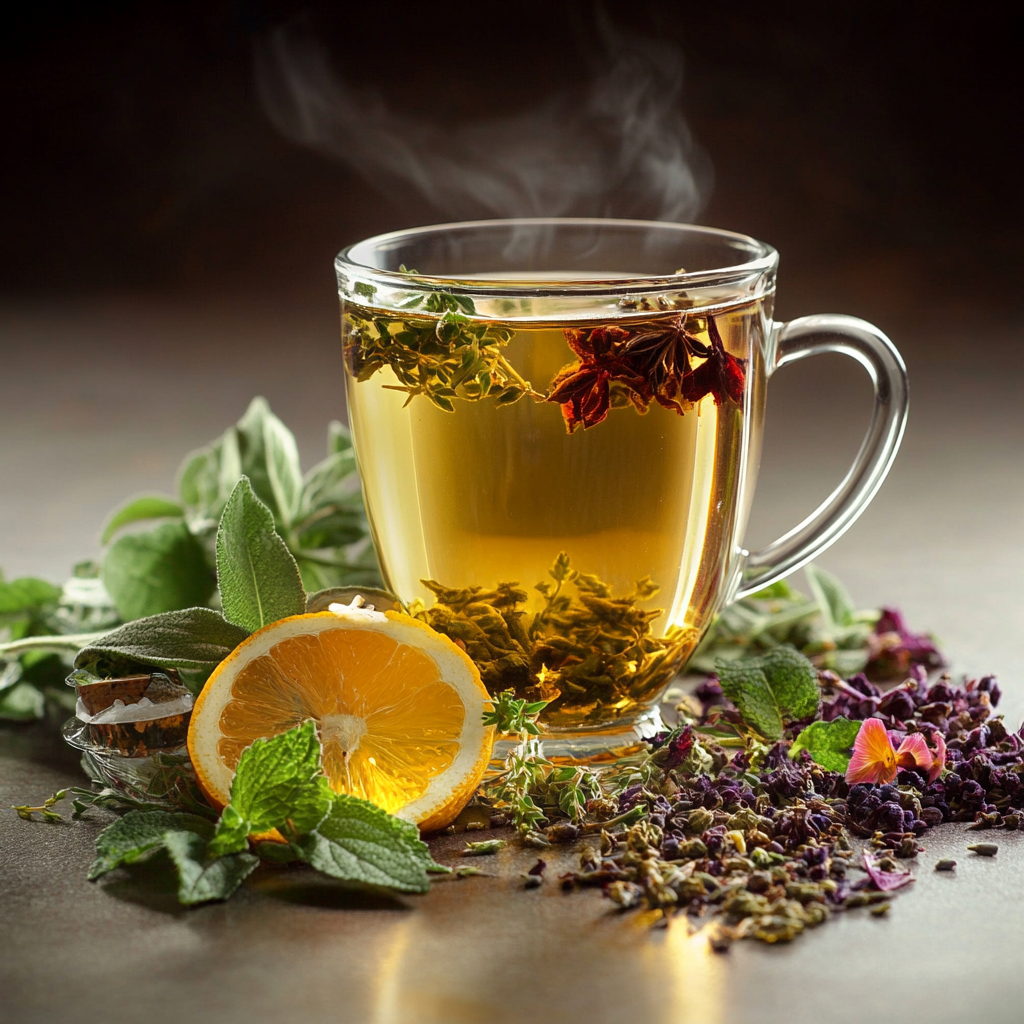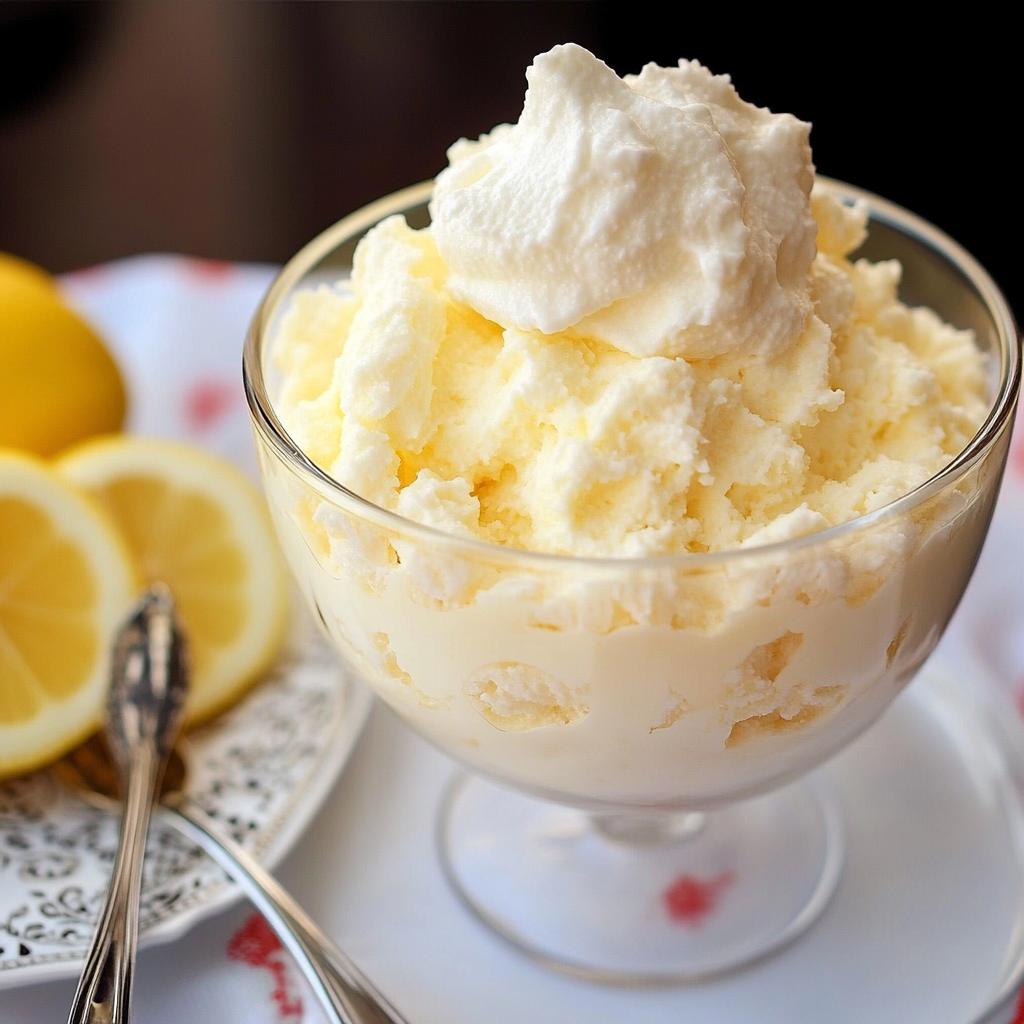In today’s fast-paced world, coffee and tea are essential to many people’s daily routines. These beverages offer a comforting ritual and a much-needed energy boost, often serving as the first thing people reach for in the morning. However, as awareness about health and well-being grows, many are beginning to explore alternatives that could provide similar comfort without the caffeine. One such option is herbal drinks, which have a range of benefits for both the body and mind.
Why Consider Herbal Drinks?
Herbal drinks are made from the leaves, roots, flowers, or seeds of various plants, and they come in countless varieties, each offering unique health benefits. Replacing coffee or tea with these natural alternatives may seem like a small change, but the impact can be significant over time.
- Caffeine-Free Energy One of the primary reasons people turn to herbal drinks is to reduce or eliminate caffeine consumption. While coffee and tea are known for their caffeine content, many herbal teas, such as chamomile, peppermint, and rooibos, are naturally caffeine-free. These beverages provide a gentler, more sustainable energy boost without the risk of jitters or the inevitable afternoon crash that often follows a cup of coffee.
- Better Sleep and Relaxation Caffeine is a stimulant that can interfere with sleep patterns, especially if consumed later in the day. Herbal drinks like chamomile tea, known for its calming properties, can help promote relaxation and improve sleep quality. Other herbs like valerian root and lemon balm have also been shown to reduce anxiety and aid in relaxation, making them perfect choices for those seeking a peaceful night’s rest.
- Digestive Support Herbal drinks often have digestive benefits that traditional caffeinated drinks don’t offer. Peppermint tea, ginger tea, and fennel tea are all known to soothe the stomach, reduce bloating, and promote healthy digestion. For those who experience digestive discomfort after a cup of coffee, switching to a herbal drink might help alleviate these symptoms.
- Hydration Coffee and tea can have a diuretic effect, causing the body to lose more water. While this is often counterbalanced by the liquid content of the drinks themselves, herbal drinks, such as those made from hibiscus or lemon balm, are excellent for hydration without the same diuretic properties. This makes herbal drinks a more hydrating option, helping to keep your body replenished throughout the day.
- Nutritional Benefits Many herbal teas are rich in antioxidants, vitamins, and minerals that can enhance overall health. For example, hibiscus tea is packed with vitamin C, which boosts the immune system, while rooibos tea is high in minerals like iron, calcium, and magnesium, which promote bone health and overall vitality.
- Variety and Flavor Another advantage of herbal drinks is the incredible variety of flavors available. Whether you’re craving something fruity, spicy, or floral, there’s an herbal tea to match your mood. You can experiment with different combinations of herbs and spices, creating personalized brews that suit your taste preferences while also reaping the benefits of each plant’s properties.
How to Transition from Coffee and Tea to Herbal Drinks
Making the switch from your beloved cup of coffee or tea to herbal alternatives may seem challenging at first, but with a few simple steps, the transition can be smooth and enjoyable.
- Start Slowly Gradually reduce your intake of caffeine while incorporating more herbal drinks into your routine. Start by replacing one cup of coffee or tea with a herbal drink each day, and over time, increase the number of herbal drinks you consume.
- Experiment with Flavors There’s no need to stick to just one type of herbal drink. Explore different options, such as rooibos, chamomile, lavender, or ginger, until you find your favorites. You might even enjoy blending herbs for a unique mix of flavors.
- Mind the Timing Herbal drinks can be consumed at any time of day. For a calming effect, try sipping a cup of chamomile or valerian root tea before bed. For a refreshing burst, go for peppermint or lemongrass tea in the morning.
- Stay Consistent As with any change, consistency is key. Make herbal drinks a regular part of your daily routine, and soon enough, you may find that you don’t miss your usual caffeine fix at all.
Conclusion
Switching from coffee or tea to herbal drinks can offer a variety of health benefits that may improve your well-being in the long run. From better sleep and digestion to hydration and relaxation, herbal drinks can provide a soothing and nourishing alternative to the caffeine-rich beverages we often rely on. Whether you’re looking to cut back on caffeine or simply want to explore new, flavorful options, herbal teas can be an excellent addition to your daily routine.
So, next time you’re reaching for that cup of coffee or tea, consider switching it up with a cup of herbal goodness—you might be surprised by how much better you feel.



